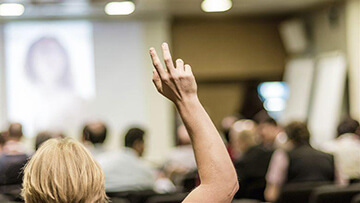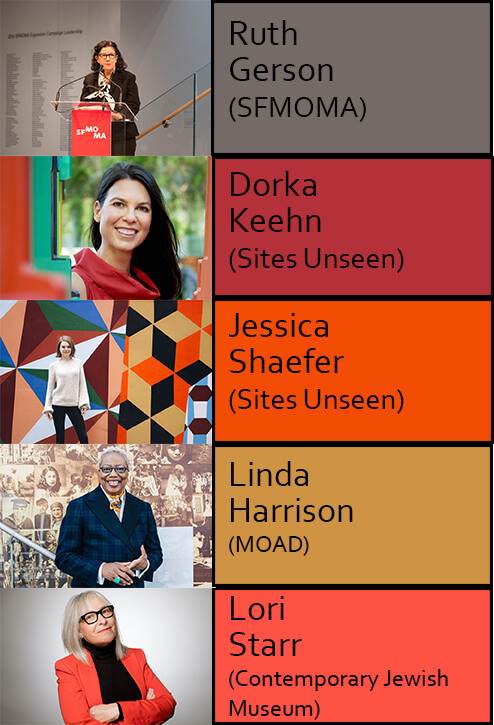
YBCBD Panel Discussion on the Opioid Crisis & Discarded Needles
January 16, 2018
Below are questions from community members that could not be answered due to time constraints during the YBCBD’s January 16, 2018 panel discussion on the opioid crisis and discarded needles. Panel members included representatives from the Department of Public Health (DPH) and San Francisco Aids Foundation Syringe Access Services. The answers are based primarily on input from DPH. Please also see the YBCBD’s position paper on the opioid crisis & discarded needles.
Is San Francisco considering a safe injection site and is this a good approach? San Francisco is moving forward with establishing safe injection sites. A February 6, 2018 San Francisco Chronicle article reports that the city expects to open two safe injection sites by July, but the locations in the city have not been announced. The article provides perspectives about why there is support for safe injection sites. This action by the city follows an April 2017 San Francisco Board of Supervisors resolution charging the Department of Public Health to convene a Safe Injection Services Task Force to investigate operating safe injection services in San Francisco and to make policy recommendations. The 15-member task force — comprised of community organizations, businesses and other professions with relationships with injection drugs — met from April 2017 to September 2017. An “issue brief” on the Task Force website provides information and data.
What precautions should the public take to protect themselves from discarded needles?
Anyone who sees a needle or syringe on the ground should avoid contact and call the city’s 3-1-1 help line to have it disposed of safely. Another option is to contact the YBCBD’s dispatch office at 415-543-9223, text 415-559-1362 or email dispatch@ybcbd.org. The YBCBD’s Clean Team, Community Guides, Social Service Specialist and SFPD bike patrol officer are all trained to safety remove and dispose of needles.
The DPH said that parents and educators can teach children, even at a young age, not to touch or pick up needles or sharp objects. Various approaches include showing children pictures of a needles/syringe so they know what not to touch, and to tell an adult if they see one. According to DPH, there are no documented cases of HIV transmission from an accidental, community-acquired needle stick anywhere in the world, one case of community-acquired hepatitis C, and three cases of hepatitis B (the latter of which DPH said could have been prevented with appropriate treatment after exposure).
What should someone do if they or a pet get pricked by a needle?
If a person experiences a needle stick, DPH recommends going to a hospital emergency room or contact their health care provider immediately. In certain cases, post-exposure treatment may be recommended. Additional information can be obtained via the national needle stick hotline at 1-888-448-4911. If a pet experiences a needle stick, contact a veterinarian as soon as possible.
Are there enough treatment beds for those who want them?
DPH said the city has sufficient treatment beds for those who want to enter drug treatment and that their main challenge in addressing a variety of health challenges is a lack of housing options.
How does the epidemic stop and how long will that take?
According to DPH, the opioid crisis is believed to have been generated by overreliance upon opioids in the medical system. There are active efforts to address that and reducing reliance upon opioids. However, in the process many people developed opioid use disorders. Providing appropriate care for those individuals is far more challenging. For example, “opioid use disorder” is a lifelong disease, akin to type 2 diabetes, that has to be managed long term. DPH is working to prevent overprescribing in addition to caring for our community members who have opioid use disorders.
Additional questions can be directed to:
Eileen Loughran
Community Health Equity & Promotion
Health Program Manager
Population Health Division
San Francisco Department of Public Health
Tel: (415) 437-6218
eileen.loughran@sfdph.org
